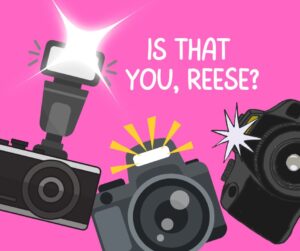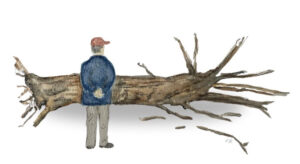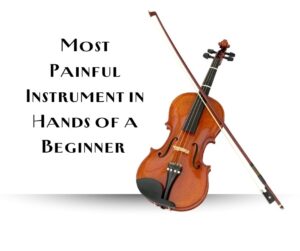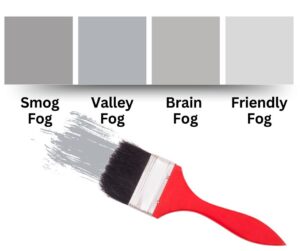Our youngest daughter called the other day sounding harried. “I’m in the middle of cooking and I’m short an egg. Is it still OK to borrow an egg from a neighbor?”
I didn’t know what to say. Miss Manners never covered this one. Then again, Miss Manners probably never paid more than 75 cents for a dozen eggs.
It used to be fine to borrow an egg. An egg wasn’t a big deal. Eggs were so cheap that some people threw them at other people’s houses.
Today, if someone threw eggs at a house anyone who lived inside would run outside and try to catch them. (The eggs, not the people.)
Splat! Another one scrambled.
“Has your neighbor ever borrowed an egg from you?” I asked our daughter.
“No,” she said.
“Hmmm. How well do you know her?”
“They moved in last fall and had their first baby a few weeks ago.”
“Get your car keys; I think you’re headed to the store. You can’t borrow an egg from a woman you haven’t known for long and who just had a baby. These days, you can only borrow eggs from close friends, family members, or people who owe you large sums of money.”
“I took her a couple of meals when the baby came.”
“Did the meals contain eggs?”
“No.”
“What if you bartered? Offer a pound of ground beef in exchange for an egg.”
The cost of eggs is so high that when you buy eggs at the store, if someone else is also standing there checking to see if any are cracked, there’s an unwritten rule that you both grumble about the cost. At the very least, you exchange looks and shake your heads. Hating on the cost of eggs is the new way to meet people and build community.
Before long, groceries won’t even keep eggs in cartons anymore. They’ll have a maître’ d come out with an egg in a velvet-lined box and ask, “Can I interest you in a down payment?”
After a brief silence, our daughter says, “I’m going to run to the store, Mom. Borrowing an egg is too big a risk—what if she or the baby is sleeping?”










